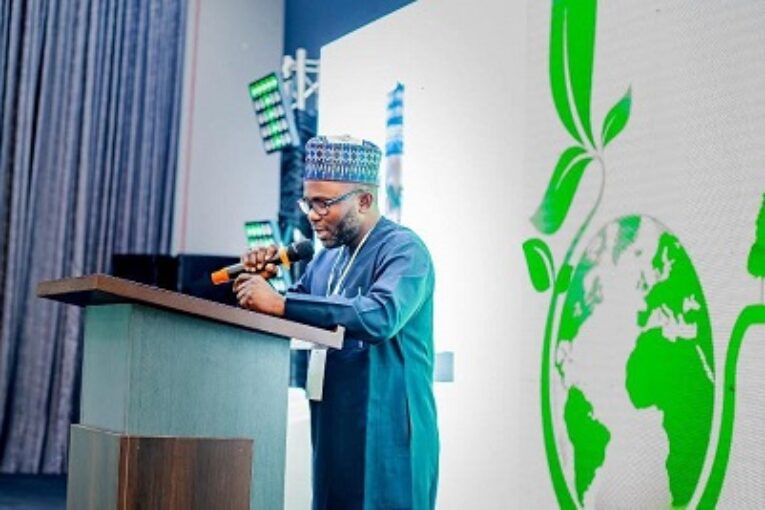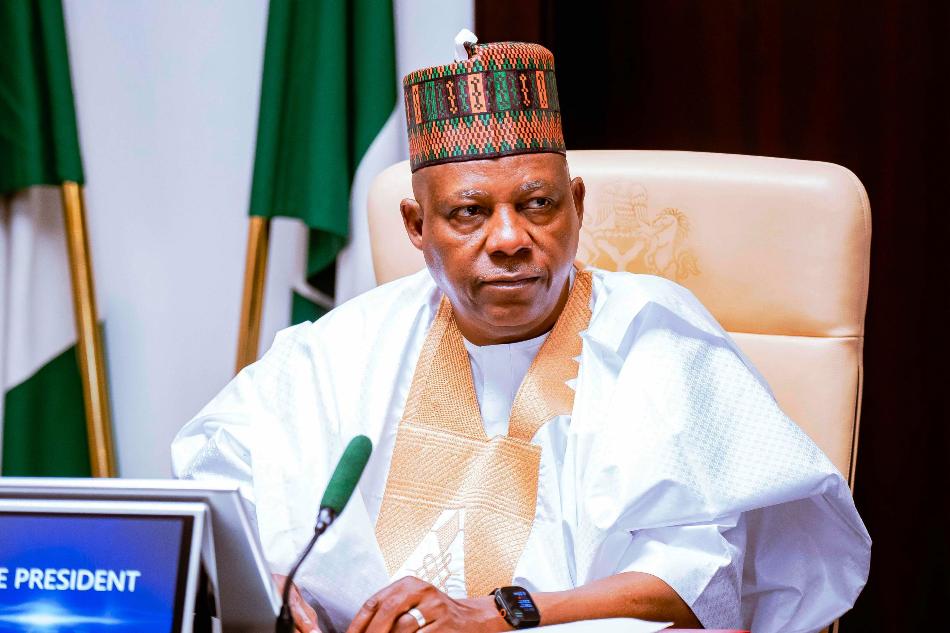
The Director General of the National Information Technology Development Agency, Kashifu Inuwa, has reaffirmed the agency’s commitment to advancing Nigeria’s digital economy through green technology and innovation.
Speaking at the 3rd Technology Ecosystem Dialogue (TED 2025), organised by the Young Innovators of Nigeria, Inuwa said green technology is central to building a sustainable and inclusive digital future. The event carried the theme, ‘Green Tech and Energy Revolution: Transforming Business and Society.’
Inuwa praised YIN for hosting what he described as a timely and visionary dialogue.
“TED 2025 once again proves that Nigeria’s youth are not just the leaders of tomorrow but the change-makers of today,” he said in a statement on Thursday, stressing the vital role of young innovators in driving national development.
He noted that the dialogue aligns with President Bola Ahmed Tinubu’s Renewed Hope Agenda, particularly its focus on economic diversification through industrialisation, digitisation, creative arts, manufacturing, and innovation.
Outlining NITDA’s interventions, Inuwa cited the rollout of technology and innovation hubs across the country, as well as initiatives such as iHatch, the National Innovation Challenge, IgniteHer, We Elevate, and the Renewed Hope Innovation Nest.
He also highlighted partnerships supporting research and development in frontier technologies, including artificial intelligence, the Internet of Things, blockchain, and clean energy.
“These initiatives are designed to ensure that innovation is inclusive, reaching youth, women, and MSMEs across Nigeria, while equipping them with digital tools to create scalable solutions,” Inuwa said.
Delivering the keynote address, sustainability expert Dr. Krakrafaa Bestman noted that millions of Nigerians still lack reliable electricity despite the country’s abundant solar, wind, and hydroelectric resources.
He referenced the government’s target of generating 30 per cent of electricity from renewable sources by 2030, including plans to deploy five gigawatts of solar power.
Bestman called for reforms to attract investment, stronger corporate commitments to clean energy adoption, and the integration of circular economy practices such as recycling and waste-to-energy projects. He also warned about the risks tied to renewable energy systems, such as battery waste and poorly installed solar panels, urging the enforcement of strict safety standards.
“Green technologies must not only power businesses but also protect the future,” Bestman said. “The world is waiting for Nigeria’s leadership in building a resilient and sustainable energy system.”




